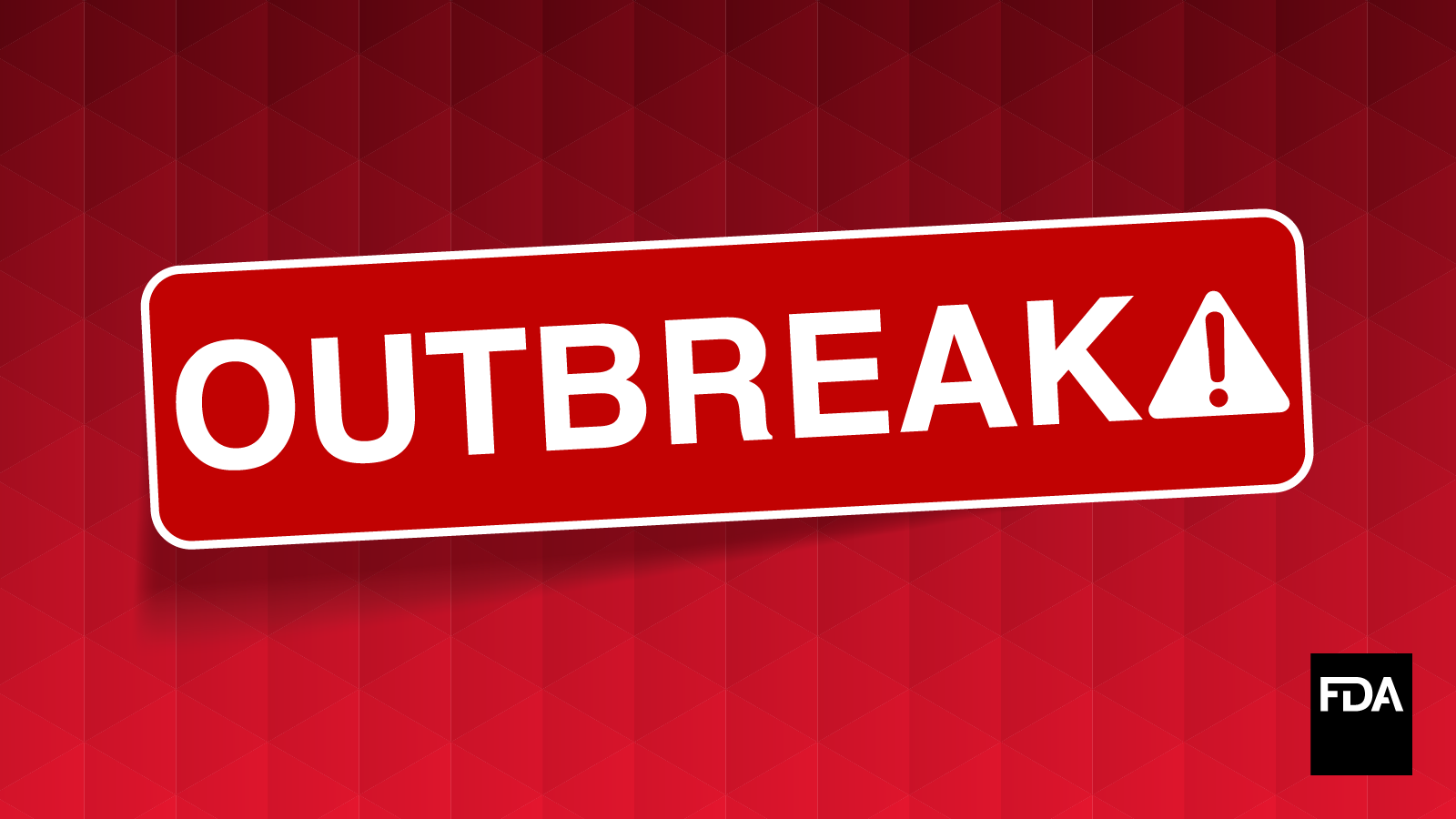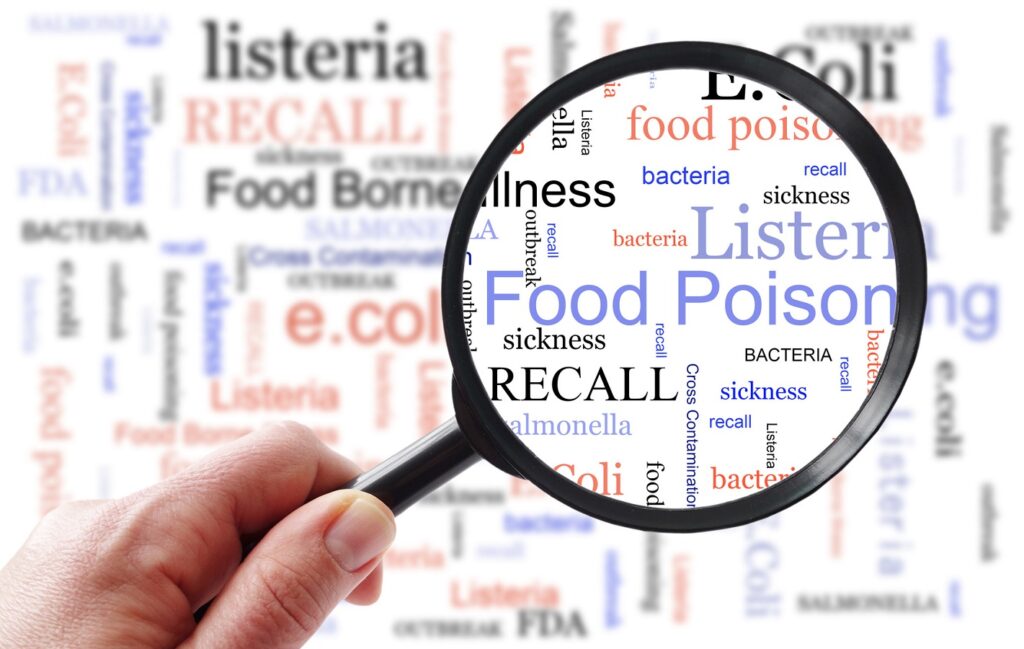The FDA, CDC, and state and local partners investigated a multistate outbreak of Salmonella Infantis infections linked to Gold Medal (General Mills Minneapolis, MN)unbleached and bleached flour with “Better if Used by” dates of March 27, 2024, and March 28, 2024. CDC reports a total of 14 illnesses in 13 states (CA (1), IL (2), IA (1), MN (1), MO (1), NE (1), NJ (1), NY (1), OH (1), OR (1), TN (1), VA (1), and WA (1)). The last illness onset was May 2, 2023. FDA’s investigation is complete. Five of nine cases report exposure to raw Gold Medal brand flour, and seven of eight cases report consuming raw dough or batter. FDA initiated an inspection at the General Mills Kansas City, MO facility and collected retained product samples. One sample was positive for Salmonella, and subsequent analysis by WGS found that the Salmonella in the positive sample matched the strain of Salmonella making people sick in this outbreak. On April 28, 2023, General Mills announced a voluntary nationwide recall of two-, five- and 10-pound bags of its Gold Medal Unbleached and Bleached All Purpose Flour. The CDC announced that the outbreak is over.@ https://www.fda.gov/food/outbreaks-foodborne-illness/outbreak-investigation-salmonella-flour-april-2023?utm_medium=email&utm_source=govdelivery




